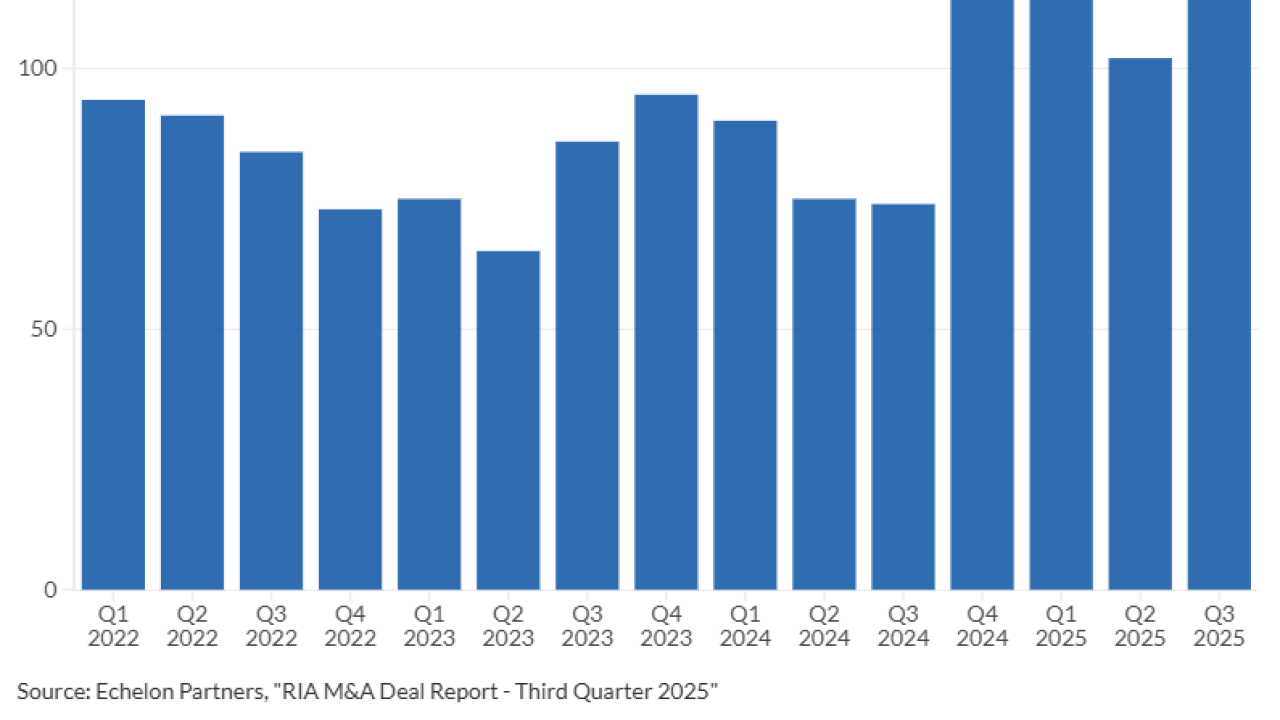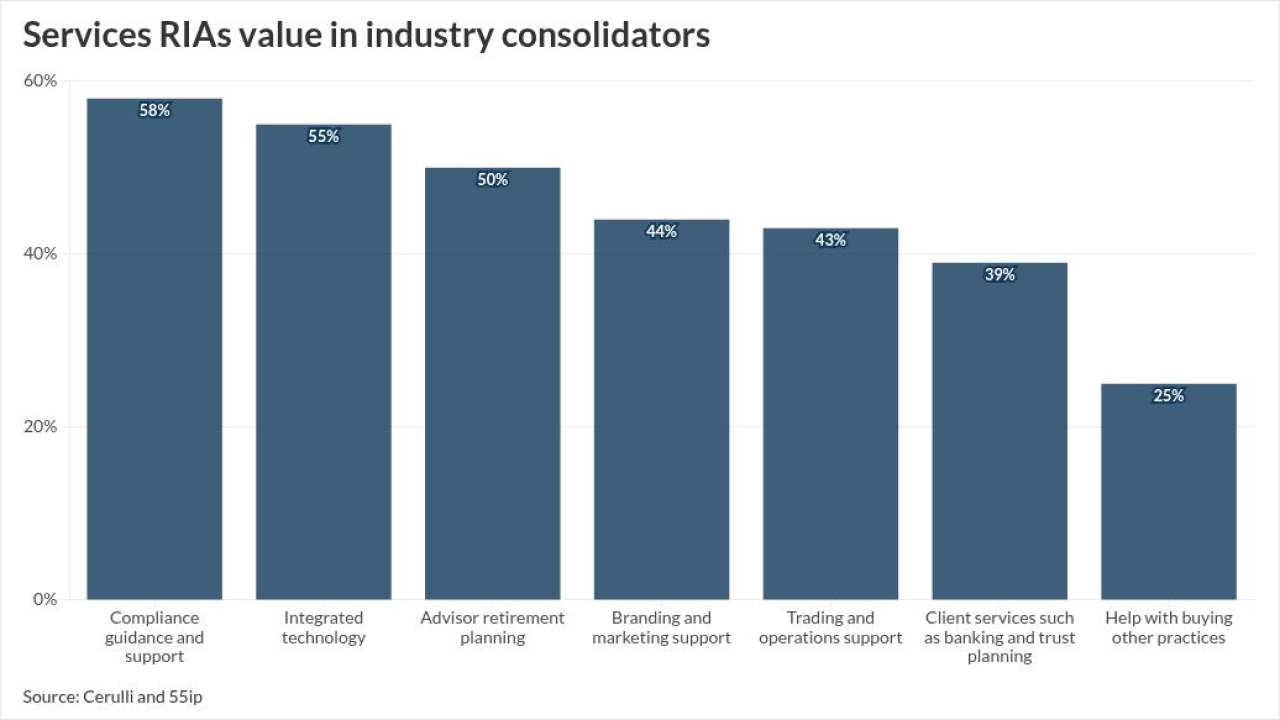
The
As global brands dip their toes in the waters, the ongoing drama surrounding longtime power players continues to shape public perceptions. It prompts a re-examination of how well the sector fulfills its promises of independence, security and mass adoption.
In the midst of these controversies, regulatory bodies like the
While stablecoins do find utility as a base currency for navigating between volatile cryptocurrencies, their broader application as a fiat money alternative remains elusive. In a landscape where traditional payment solutions offer safety, affordability and widely available systems, businesses and consumers find no compelling reason to embrace stablecoins. Until this missing use case is convincingly addressed, stablecoins risk relegation to the domain of speculative asset-enablers rather than evolving into essential tools for everyday financial transactions.

Conversely, the existing fiat money system, with its familiarity and stability, holds clear advantages. Fiat currencies provide a resilient foundation for global economic transactions, ensuring seamless interactions. Fiat money commands the trust and confidence of consumers, a sentiment built over generations of dependable use.
However, advocates for stablecoins often tout their potential to serve as a financial lifeline for the unbanked and underbanked in regions lacking traditional banking infrastructure. Indeed, people in volatile currency regions use stablecoins to hedge against the common surprises of ups and downs.
Despite that, practical challenges in converting cryptocurrencies into cash, particularly in areas where daily sustenance hinges on physical money exchange, remain a significant hurdle to day-to-day adoption. The ability to convert stablecoins into local currency stands as a crucial yet absent link, hindering individuals from realizing the transformative potential. Even more crucially, governments — like Argentina, India or China to name a few — actively oppose large-scale adoption of cryptocurrencies, as such a transition would challenge their grip on their nation's monetary policy.
Until stablecoins effectively address these challenges and seamlessly integrate into local economies, their transformative promise remains unrealized. No matter how virtuous the vision, it shatters against the reality of practical obstacles.
In conclusion, while regulatory progress is positive, it alone is not the cure for crypto's everyday use case. The industry must confront challenges in achieving seamless transitions, widespread adoption and enhanced user security. Until then, the stability, familiarity and universal acceptance of the existing fiat money system will continue to outshine the unfulfilled promises of the crypto realm.





